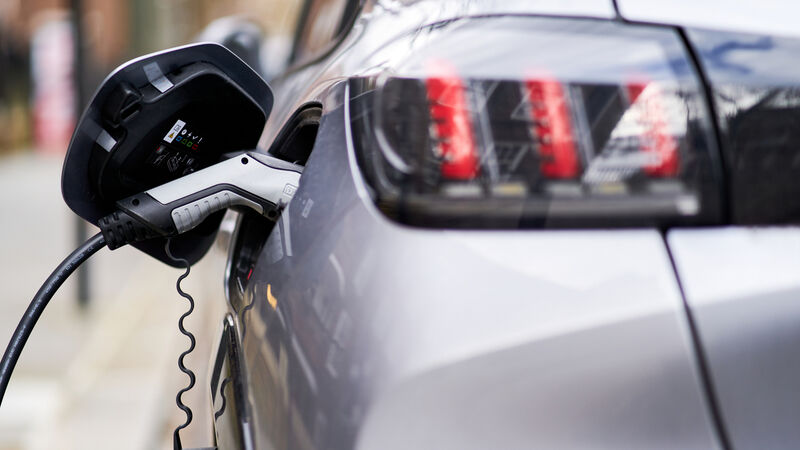Letters to the Editor: EV charging challenges in rural towns

'I shared my challenging time with other EV drivers online and I found out from many drivers that I am rather naïve to expect a reliable and dependable charging service in a rural town such as Mallow.'
I believe Mallow is an electric vehicle (EV) backwater; I drive (an electric car) from Dublin to care for a relative in my home town of Mallow every fortnight.
I often plan on my visit to recharge my car in the town.








